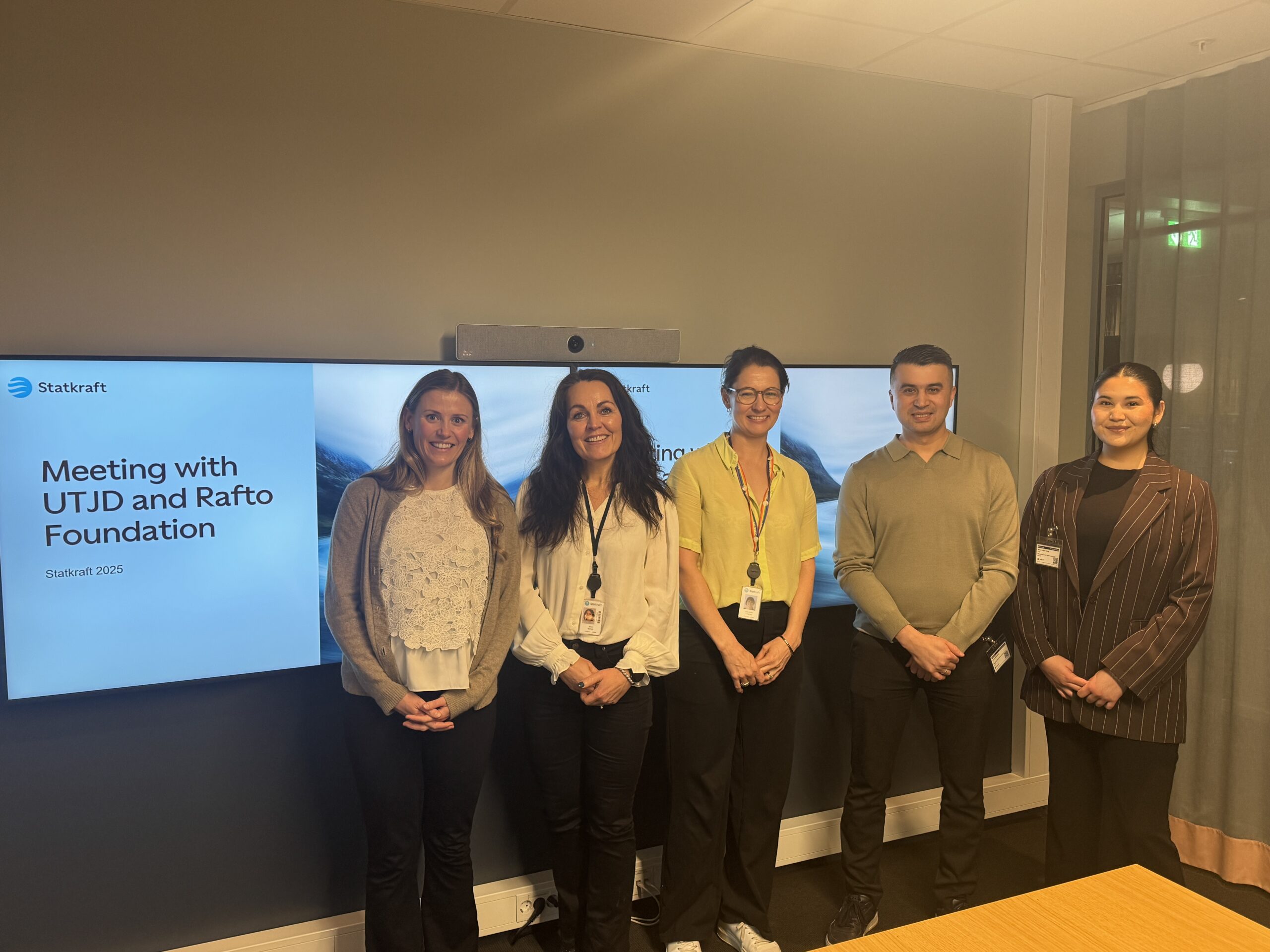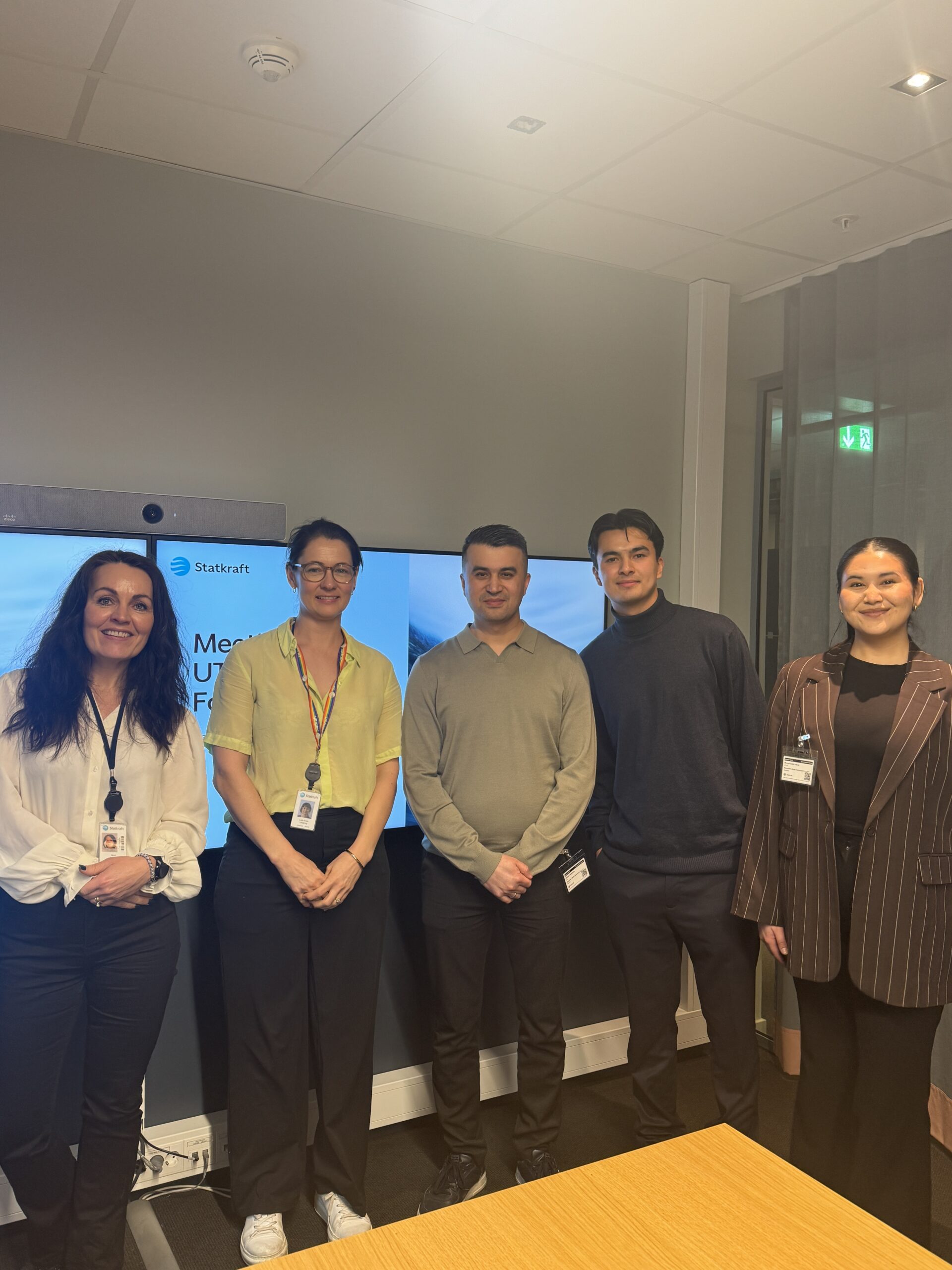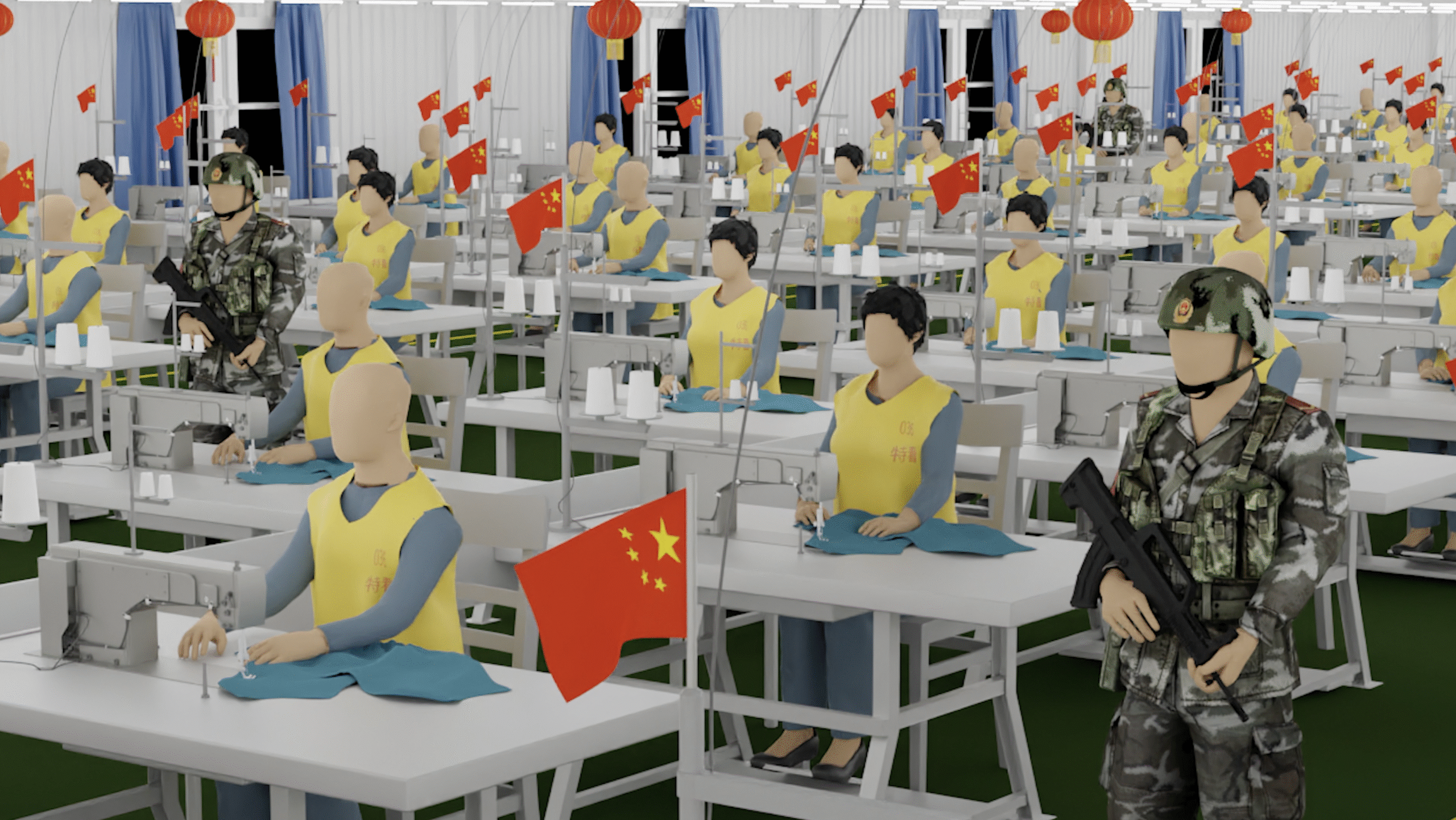An example that offers valuable insight into this question is the ongoing discussion between the Uyghur Transitional Justice Database (UTJD), the Rafto Foundation, and Statkraft, one of Norway’s leading renewable energy companies. This dialogue reflects the growing recognition that human rights organizations play a crucial role in helping businesses navigate complex ethical issues in their global operations.

In a recent meeting with Statkraft, UTJD shared findings from its long-standing research into Uyghur forced labor in East Turkistan, focusing on its deep links to the global solar panel supply chain, including its presence in the Norwegian market. The discussion highlighted the significant challenges companies face in tracing and understanding the depth of forced labor practices—challenges often exacerbated by systematic state cover-ups and lack of transparency in the region.
Human rights organizations contribute by providing credible research, contextual analysis, and platforms for dialogue. Engaging with all relevant stakeholders—companies, civil society, and government actors—is essential for crafting informed and ethical responses. These conversations can guide companies toward more responsible sourcing decisions while also helping refine legal frameworks like the Norwegian Transparency Act, which must be strengthened to more effectively address human rights risks.

UTJD will continue these dialogues with relevant companies and governmental bodies, encouraging constructive engagement and supporting efforts to eliminate unethical trade practices. We urge other Norwegian solar companies to also take initiative and confront the issue of Uyghur forced labor in their supply chains. Ethical trade must be built on transparency, accountability, and a firm stand against exploitation.
Learn more about our ongoing research and recommendations here: Report



